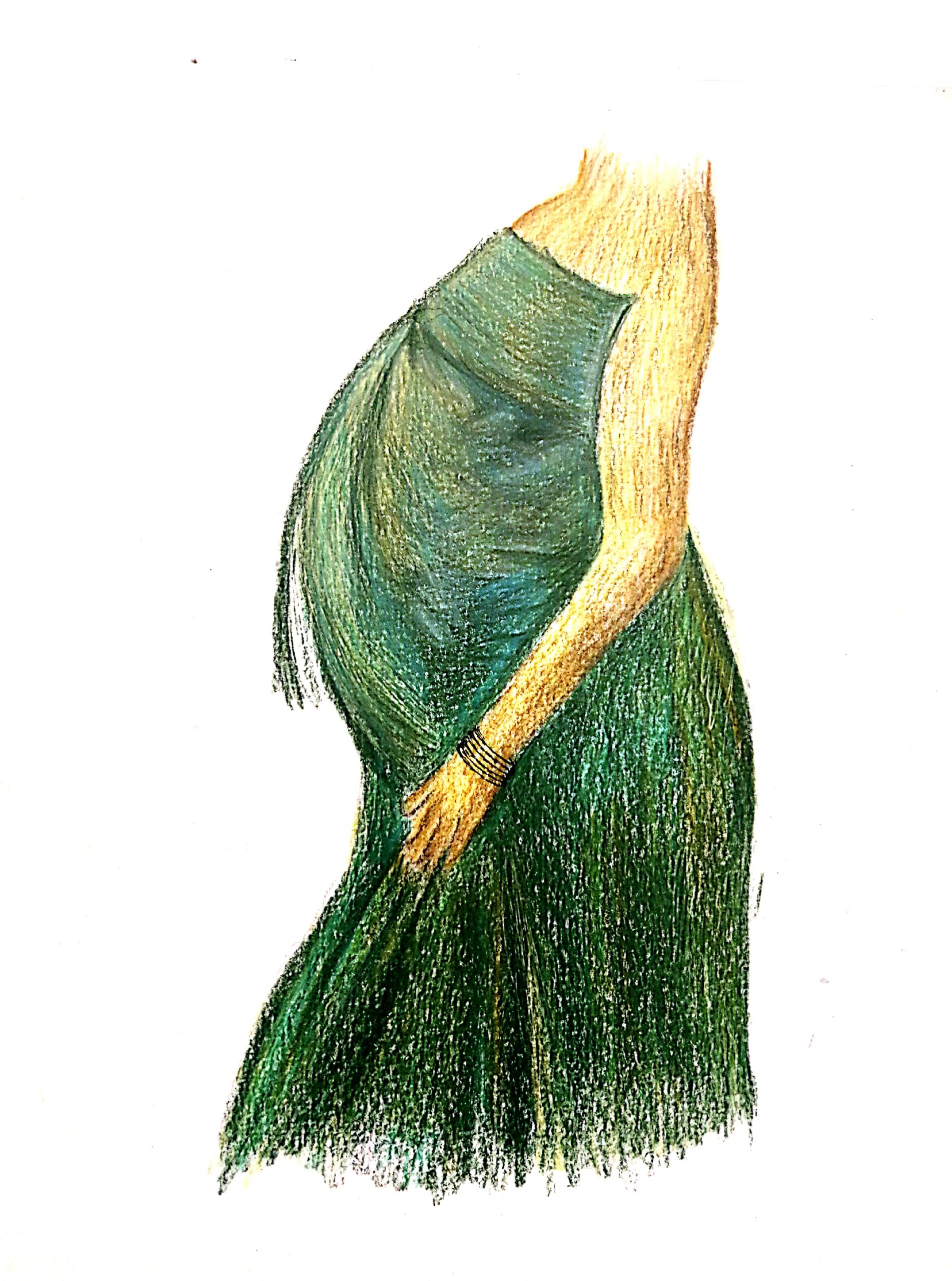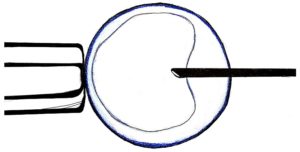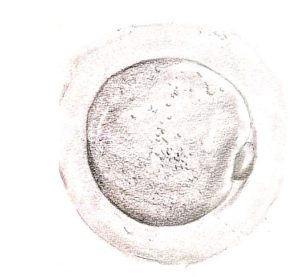Round Spermatid Injection (ROSI)
The sperm develops, during spermatogenesis, from spermatogonia to spermatocytes, and then to round spermatids. The round spermatids elongate, develop a tail and become mature sperm cells. It is these mature, fully formed sperm cells which are traditionally able to fertilize an egg, whether naturally or through ICSI-IVF. However, more recently there have been increasing reports of successful pregnancies and live births when round spermatids have been used to fertilize the egg.
The technique used in this process is known as ROSI, Round Spermatid Injection. While the idea for ROSI has existed since the early 90s, it has taken time for it to develop and the method is still considered experimental in most countries. To date, there have been nearly 100 healthy babies born through ROSI (some as old as nine years). These children have been regularly assessed for any physical or neurological problems. Those found have been very few and all have been surgically correctable or have spontaneously healed. The number of children born is still too small to compare the incidence of these conditions in the general population.
Challenges
The main challenge of successful ROSI is the successful identification of round spermatids, which look highly similar to other types of developing sperm cells. Slowly but surely, however, the qualities and identifying markers of these cells are being classified and published in the scientific world. Once identified, the round spermatids can be injected into the egg, in the same manner as for ICSI-IVF.
Another challenge is that fully mature sperm cells perform an additional activation step when they fertilize the oocyte. This activation must be artificially imitated in order for fertilization to be successful. This is achieved using electrostimulation of the oocyte, prior to performing ROSI.
The Future
Until now, the options for males in whose semen samples/testicular biopsies there were no mature sperm cells were limited to sperm donation and adoption. With ROSI continuing to progress and slowly becoming increasingly successful, the possibility of biological children can be placed back on the table. The technique is currently less efficient than ICSI, and further research is needed to increase its success rate. However, as the knowledge and expertise in ROSI grows and begins to spread, the technique will become more common, and hopefully more successful as well.



